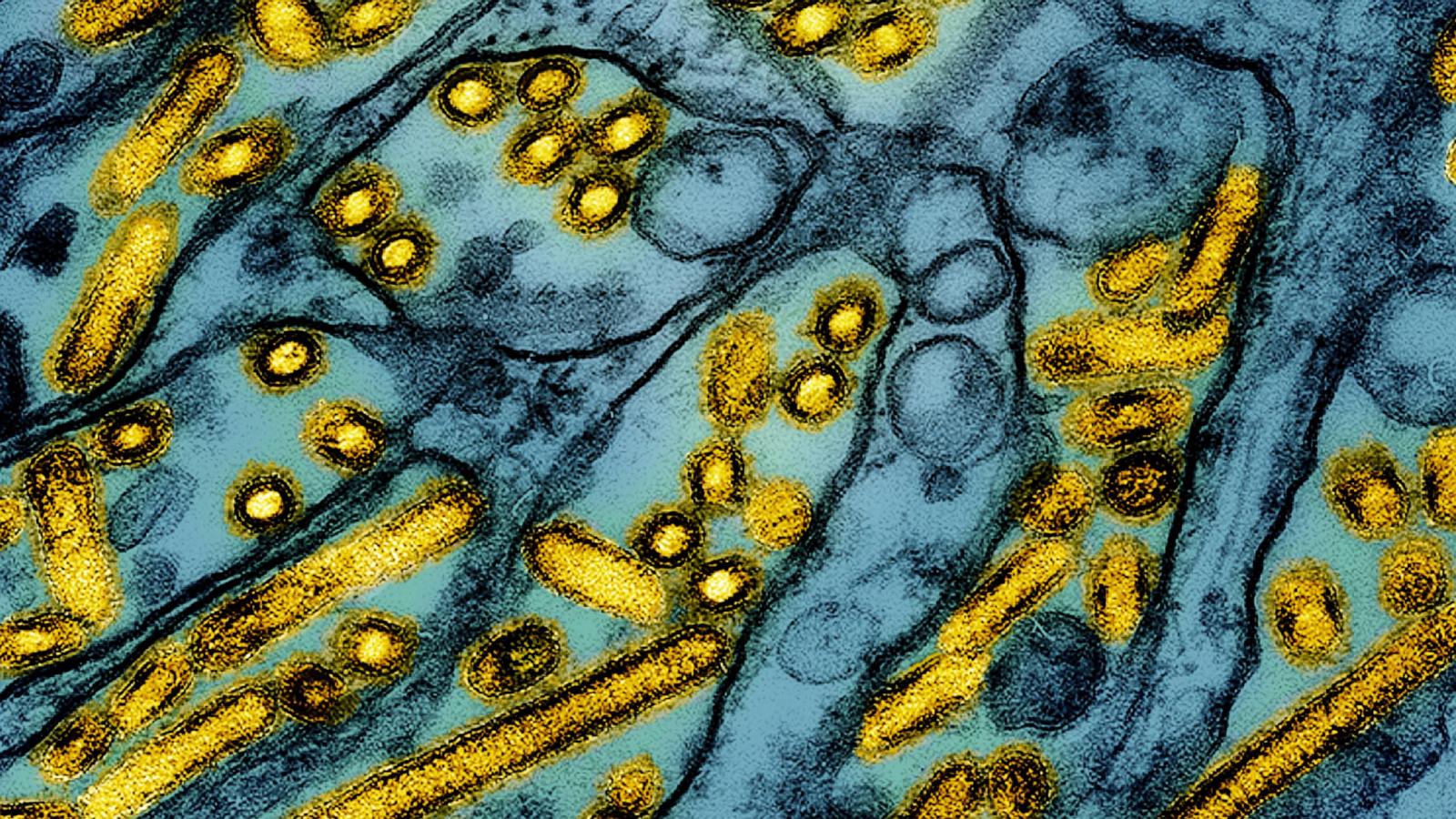Bird Flu in the US: A Severe Case Emerges, Raising Concerns
The United States has reported its first severe case of bird flu, sending ripples of concern across the nation. While health officials maintain the risk to the general public remains low, the severity of this case, unlike previously reported mild instances, necessitates a closer look at this evolving situation. Let's dive into the details and understand what this means for you and your family.
Understanding the Latest Bird Flu Outbreak
This new case of severe bird flu marks a significant development. The patient, located in Louisiana, reportedly had contact with sick and deceased birds in a backyard flock. This is the first reported instance linked to backyard birds in the U.S. Previously, most infections were mild, predominantly affecting farmworkers exposed to sick poultry. This shift changes our understanding of the potential risks associated with bird flu exposure.
A Closer Look at the Symptoms and Transmission
While details of the patient's symptoms haven't been released to protect patient confidentiality, the fact it has escalated to a severe case should raise alertness. One crucial point to remember is that bird flu hasn't shown person-to-person transmission. Current understanding suggests transmission primarily occurs from birds to humans via direct contact with infected birds or contaminated surfaces.
Is Bird Flu Something to Worry About?
Although the risk to the general public is said to be low, it's essential to remain vigilant. The alarming emergence of a severe case signifies that we cannot afford complacency. Maintaining awareness of potential symptoms and appropriate preventative measures is crucial. It is worth regularly monitoring information released by public health organizations.
Protective Measures and Prevention
It is imperative to follow the simple yet highly effective guidelines provided by the CDC and other public health organizations. These preventative measures should help mitigate potential bird-to-human transmission risks.
- Avoid contact with sick or dead wild birds.
- Practice proper hand hygiene after coming into contact with any bird.
- Always wear appropriate safety gear when handling birds, especially if working on a farm or around poultry.
The Role of Backyard Flocks in Bird Flu Transmission
The Louisiana case highlights a concerning aspect of bird flu transmission. Unlike prior instances linked mainly to industrial poultry, this first severe case linked to backyard birds warrants attention and renewed awareness of hygiene protocols surrounding poultry.
Potential Implications for Backyard Poultry Keepers
Owners of backyard flocks should exercise even greater caution in their handling and management of their birds. Implementing strict biosecurity measures to reduce contact between backyard birds and wild birds is essential. The health and safety of our poultry is as essential as our own, and their potential role as disease vectors needs due consideration.
The Ongoing Bird Flu Situation: What Does It Mean For You?
The ongoing evolution of this avian influenza is something the nation should take seriously. Despite current assessments indicating the general public remains at low risk, a few precautions, coupled with a healthy amount of awareness, are never amiss. While bird flu is primarily an animal health issue at this moment, maintaining public health vigilance is vital. Keeping abreast of public health recommendations and maintaining strict personal hygiene will help lessen potential risks.
Monitoring the Situation
Health organizations regularly publish updated information. Staying up to date with news regarding bird flu outbreaks and safety protocols is absolutely critical. Staying well informed and well-prepared is your best weapon against uncertainty and helps mitigate potentially avoidable risks.
Take Away Points
- The first severe case of bird flu in the US has been reported, underscoring the importance of continued vigilance.
- The risk to the general public remains low, but the situation demands careful monitoring and preventative measures.
- Backyard poultry keepers should be particularly aware of the potential for transmission.
- Following public health guidelines, practicing good hygiene, and staying updated on official reports remain crucial strategies to mitigate any risk.




